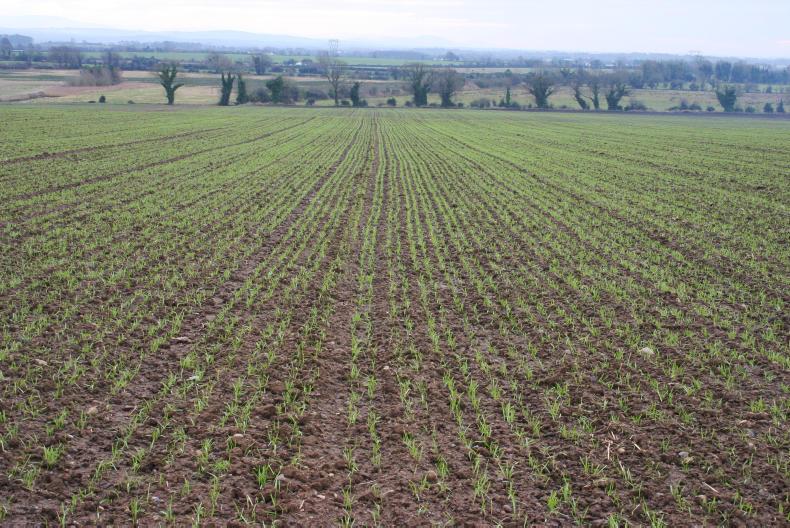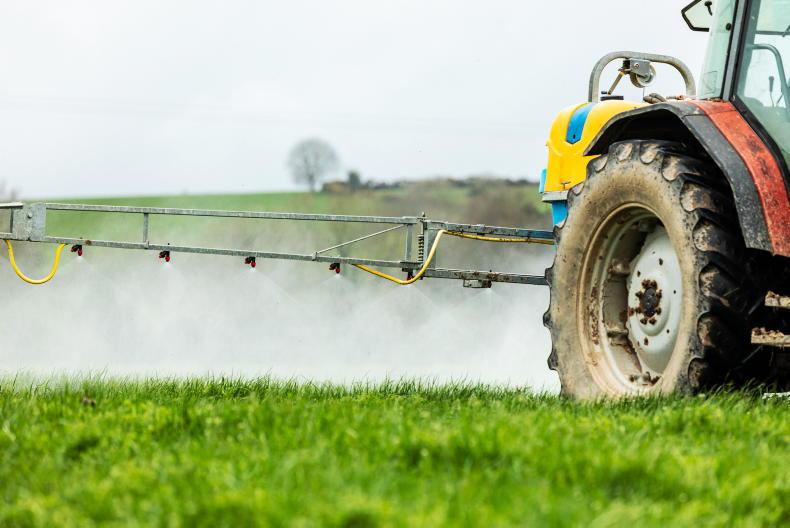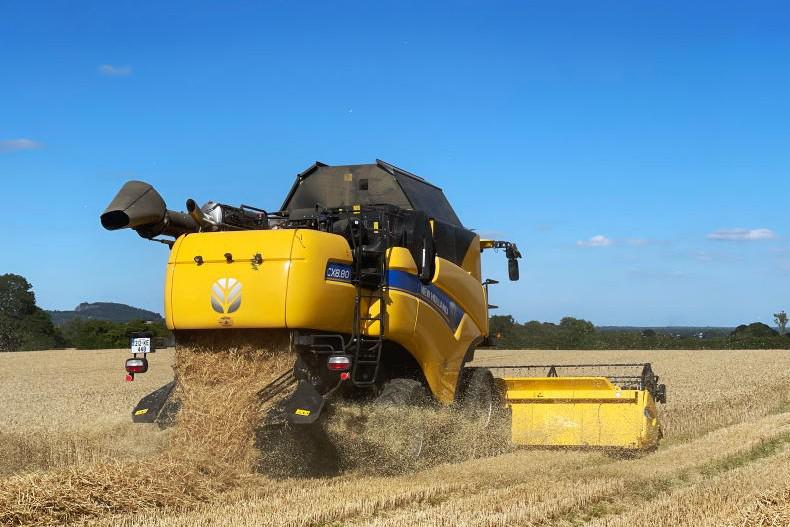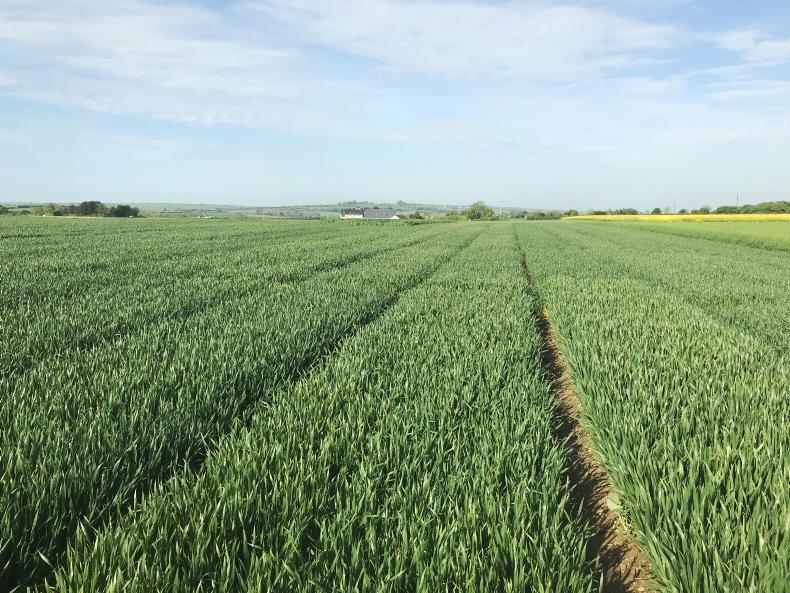A low level of wheat plantings has been confirmed by BASF agronomy managers who are predicting a high increase in barley cropping across the UK. Many farmers will be growing spring barley for the first time this year as they traditionally always grow winter crops.
In Suffolk, Nortfolk, north of England and the Scottish Borders, between 85% and 90% of the planned winter wheat was planted.
However, in other areas like Leicestershire and Warwickshire, less than 20% of the planned area has been drilled. Along the south coast of England, around 35% of the winter wheat area didn’t get planted.
Agronimists are highlighting yellow rust as being a growing issue but it hasn’t been spreading due to recent cold weather. BASF agronomists are recommending farmers treat it at the imminent T0 stage with pyraclostrobin or epoxiconazole.”
Because of the wet winter, crops have not had to forage for moisture. As a result, root plates are not as good as you’d like and nowhere near what they’d be in a normal year. The use of plant growth regulator in the tank mix at T0, as well as giving rooting benefit and helping retain tillers, will give the growers a bit of an insurance plan for T1.
Meanwhile, oilseed rape is looking fine in the north of the UK. Further south in Suffolk there have been reports of 40% losses to OSR crops with Norfolk losing between 10% and 15%.









SHARING OPTIONS